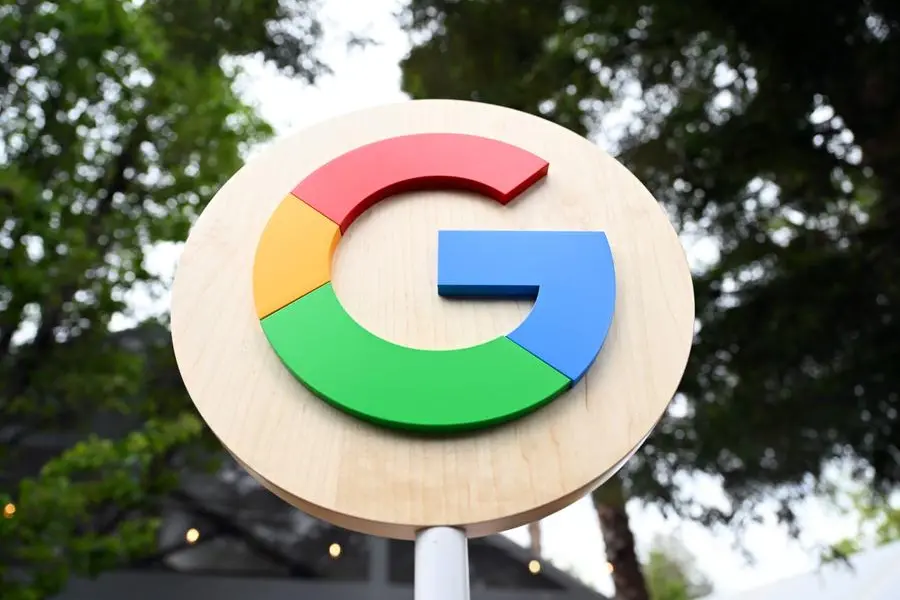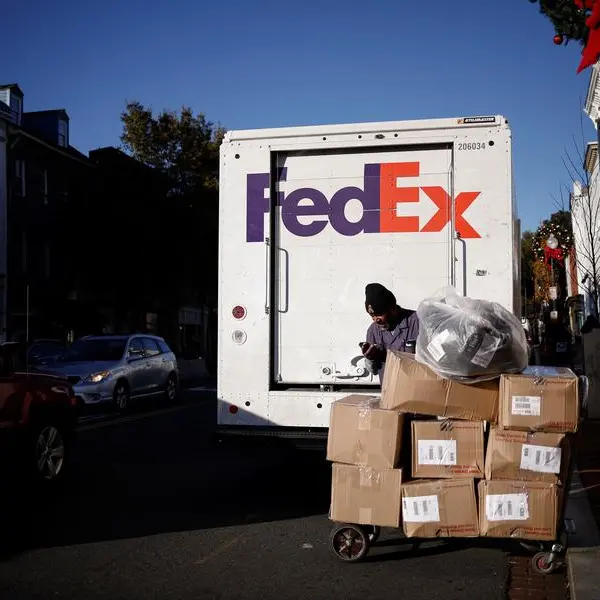PHOTO
Ottawa on Friday spelled out how a new law requiring digital giants to pay publishers for news content will work in practice, including how much it could cost Meta and Google.
The bill aims to support a struggling Canadian news sector that has seen a flight of advertising dollars and hundreds of publications closed in the last decade.
Effectively it targets only Google and Meta -- which control about 80 percent of all online advertising revenues in Canada.
The government estimated it could cost the two companies a combined Can$230 million (US$170 million) by requiring them to make fair commercial deals with Canadian outlets for the news and information that is shared on their platforms, or face binding arbitration.
According to the draft regulations published on Friday, the measures would apply to companies with global annual revenues in excess of Can$1 billion, operating a search engine or social media platform actively used by at least 20 million Canadians and that distributes news.
Meta reacted by calling the bill "fundamentally flawed" and vowed to continue blocking access in Canada to news articles on its Facebook and Instagram platforms. It started doing this on August 1.
Google, which has also voiced opposition to the Online News Act, said it would "carefully study the proposed regulations to assess whether they address (its) major structural challenges."
Heritage Minister Pascale St-Onge noted that Canadians have come to rely on digital platforms for news and information.
"These tech platforms have to act responsibly and support the news sharing they and Canadians both benefit from," she said.
"Tech giants can and must contribute their fair share -- nothing more."





















